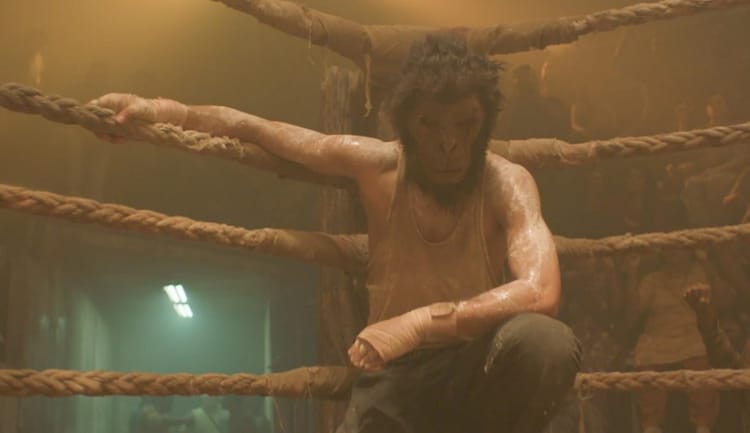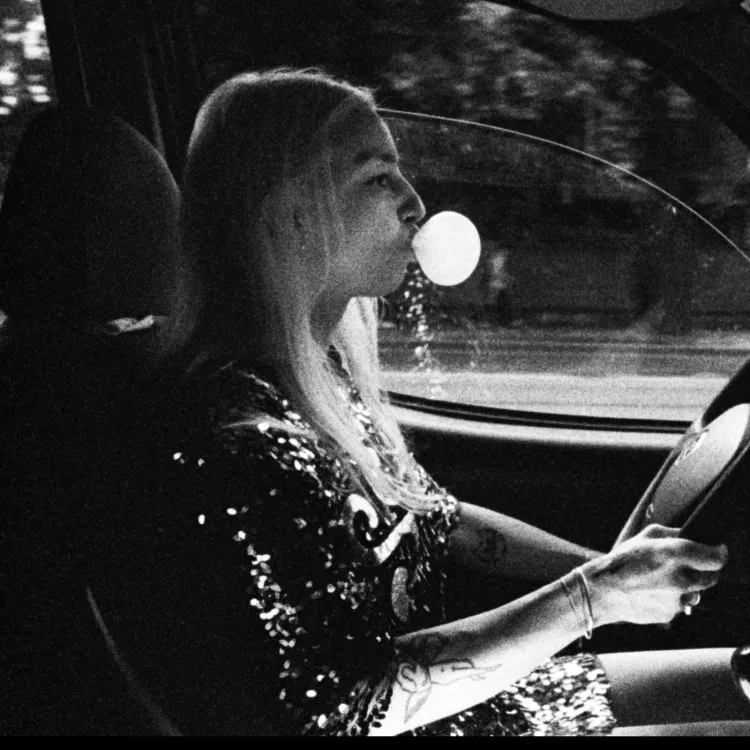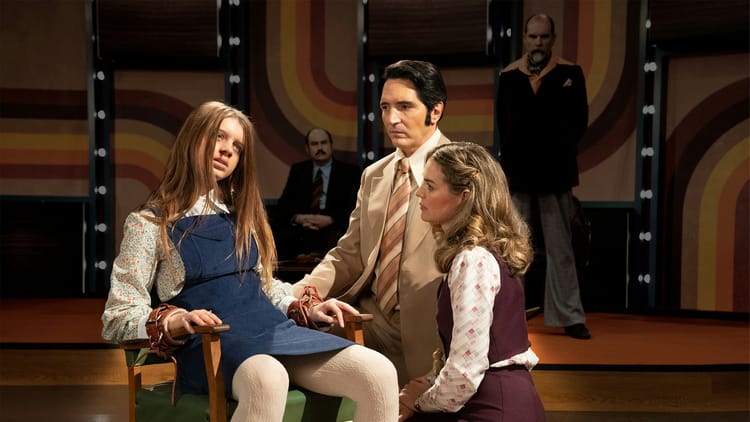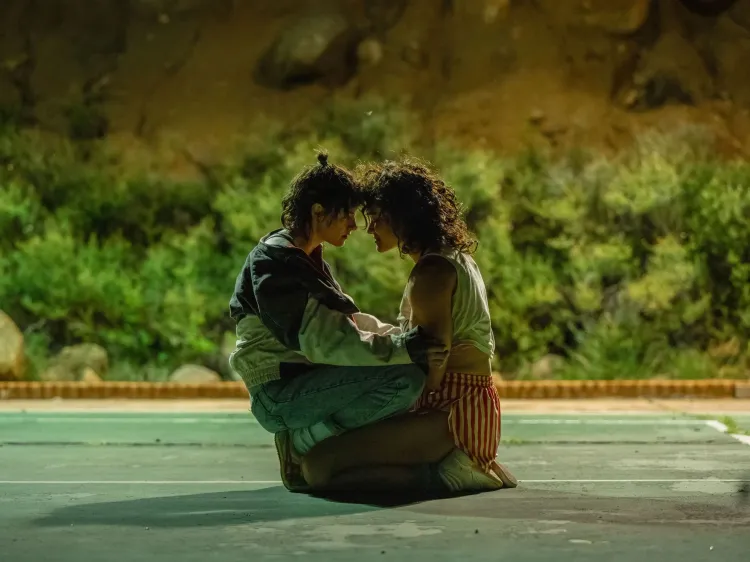1917
Good or bad is not an objective marker to me. It’s subjective, because we have to recognize that movies, like any other form of art, have the potential to affect our world and the decisions we make in them. So let me say upfront, any war movie that does not obviously hate war? Not a good movie to me.
A war movie that makes war into a video game is a bad movie. A war movie that makes fighting war badass, bad movie. A war movie that dissects the sides into good guys and bad guys as a justification for senseless and greedy political action is a bad movie. On one end, we have Dunkirk. Good movie. And at the other end, American Sniper. Bad movie.
1917 makes war a terrifying experience to endure, it’s grueling and heart-breaking. Trench warfare is brought to the screen with all its carnage, tears, and most importantly, fatigue. Most soldiers are not actively fighting in the movie. They’re sleeping in dugouts, against trees, or under a makeshift tent, waiting for a war to pass them by. It’s in these quiet moments that 1917 is most affecting, a film that reminds us that the walk to the battlefront can be as harrowing as the battle itself. Silence creates tension, but it also absorbs you into it. The most beautiful moments of the film are when almost nothing is happening, when the soldiers cross a makeshift pond, dirtied by blood and soil, or the look of the woods when struck by the late-night blue of the moon or the sound of a young man’s song reverberating between trees.
The one-take could easily have been a gimmick in 1917, if used purely as an “immersive” device. But it operates on a higher artistic scale, bringing a critical aspect of war to the forefront: time. War is not made up of single moments. There are before’s, and there are after’s. The dogfight the soldiers witness begins in the middle, the convoy intercepted is already halfway to its destination. The war began before we started watching and continues long after. We are merely getting a snapshot.
The one-take only begins to feel more like a gimmick when the film hits its big set-pieces. All of them are incredible technical marvels, some of which had me questioning how on earth they pulled it off. But there lies the problem, as in those moments, I was more concerned with pyrotechnics and blocking than I was with the plight of our protagonists. The filmmaking craft is on full-display in this movie, sometimes to the detriment of itself. The same can be said of the rotating stars, slotted in at sporadic intervals. The reveals of Benedict Cumberbatch and Mark Strong were jarring, almost as if the film wanted to show off its star-power. This is in stark contrast to the scene-stealing Richard Madden who captures the entire film in his brief appearance. The set-pieces and its stars only work when they bolster the narrative of the film, rather than distracting from its characters.
1917 is a war movie, that remembers the reason we hate war is because we love humanity. War in all its mundanity and insanity is awful because it takes us away from that. And by following this line, though with some occasional drifts away, Mendes and his unparalleled team craft a movie that from start to finish, reminds us that war is, and always will be, hell.




